It can be hard to talk about preparing for the climate crisis.
It might feel like admitting defeat. The word can also conjure images of billionaires building bunkers to ride out the collapse of civilisation in comfort. Or wealthy nations erecting expensive sea walls to buy themselves more time while poorer countries –– that have contributed the least –– can do nothing but watch the waves advance.
But ignoring it is worse. Bringing carbon emissions down as fast as we can is critical, but for people all over the world, the crisis is already here. We need to work out how to reconfigure every part of our societies to keep us safe.
The pandemic has given us a bitter taste of what it’s like to struggle through a disaster that exploits every weakness and widens every inequality in the systems that make up our world: food, housing, health, work.
The climate crisis won’t be identical, but unless we start to do things differently, the same broken systems will fail us again and again.
Introducing FutureProof – big ideas for a more resilient world
So faced with the glaring unreadiness of our world to withstand a massive shock, Unearthed, Greenpeace UK’s investigative journalism team, decided to investigate what a more resilient world could look like.
The team joined up with HuffPost to create FutureProof, a series that sets out to find and examine solutions already in practice around the world. From urban planning in India to subsistence farming in Dominica, community energy in the US to a basic income trial in Kenya, the features in this series travel the globe to meet people and organisations working in new (and sometimes very old) ways to shore up the resilience of their communities in an increasingly volatile world.
The whole series is out now on HuffPost. Check out the article summaries below, or read the full introduction on the Unearthed website.
Killer heat and the rush to save our cities
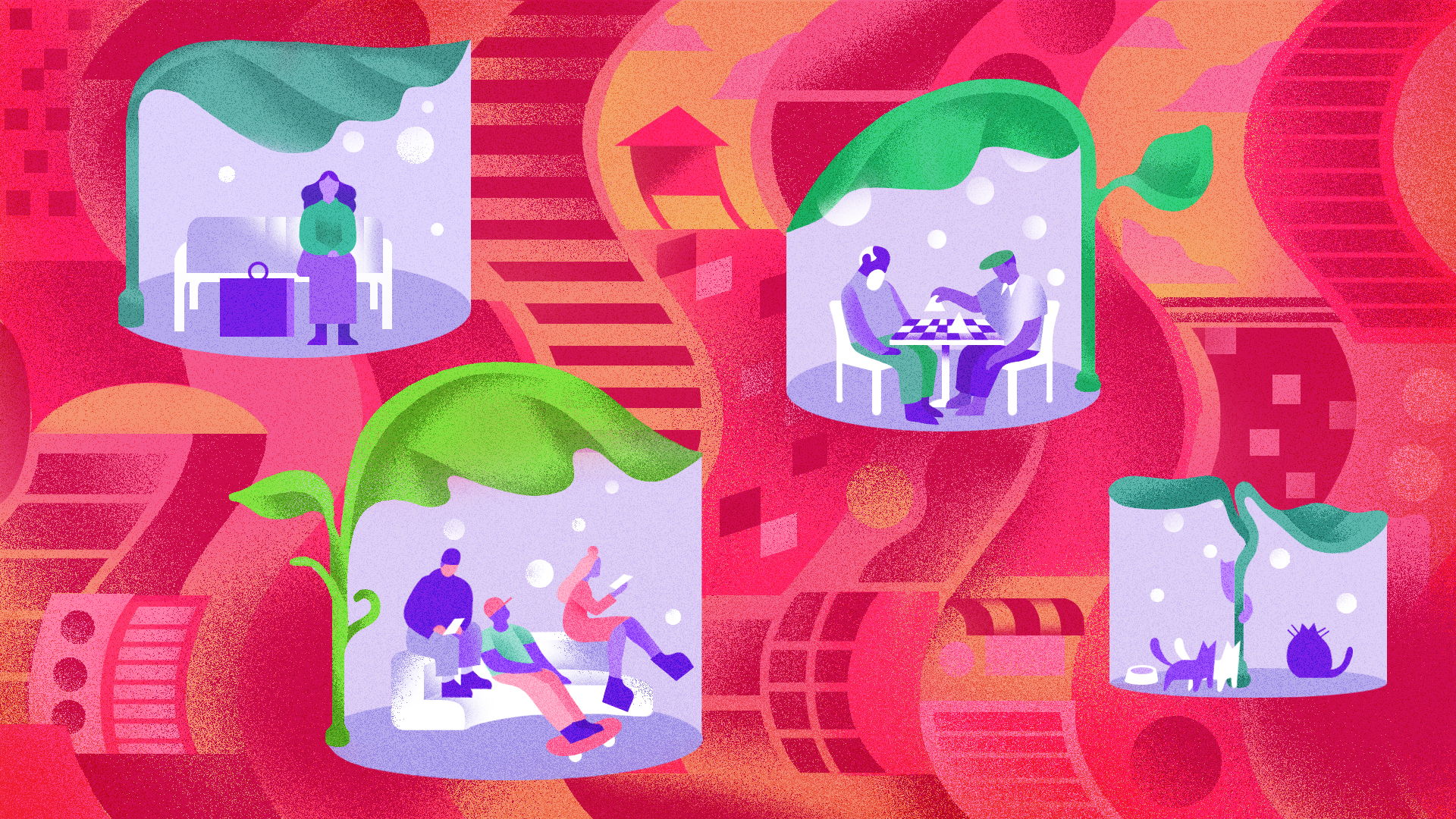
Climate change is making cities unlivable for millions. Surviving rising temperatures means tackling inequality and rethinking who cities are really for.
A renewable energy revolution is rising against a tide of climate disasters
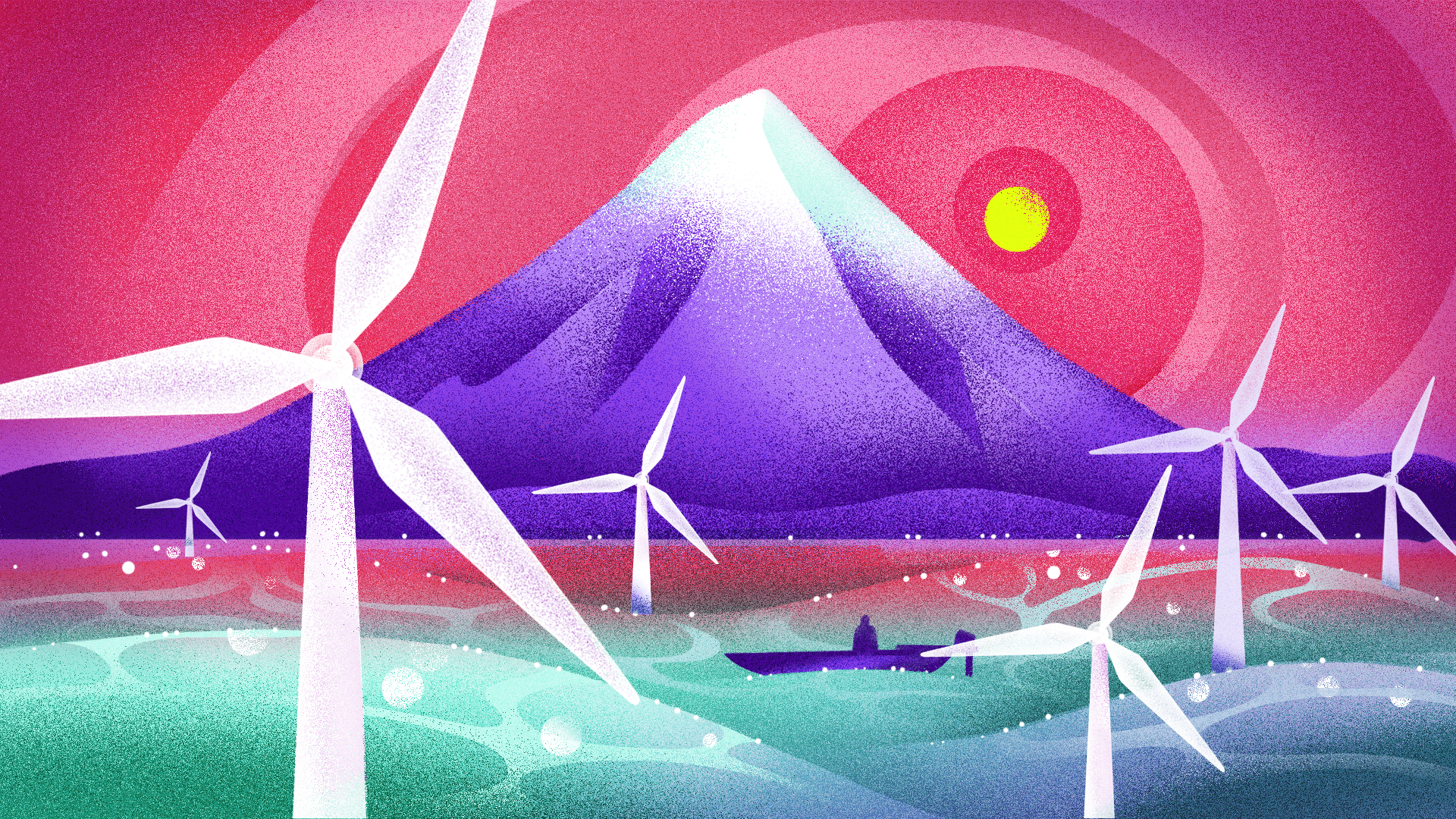
Renewable energy is more reliable when catastrophes strike –– and we need it to slow the worsening climate crisis.
How to feed the world without destroying it
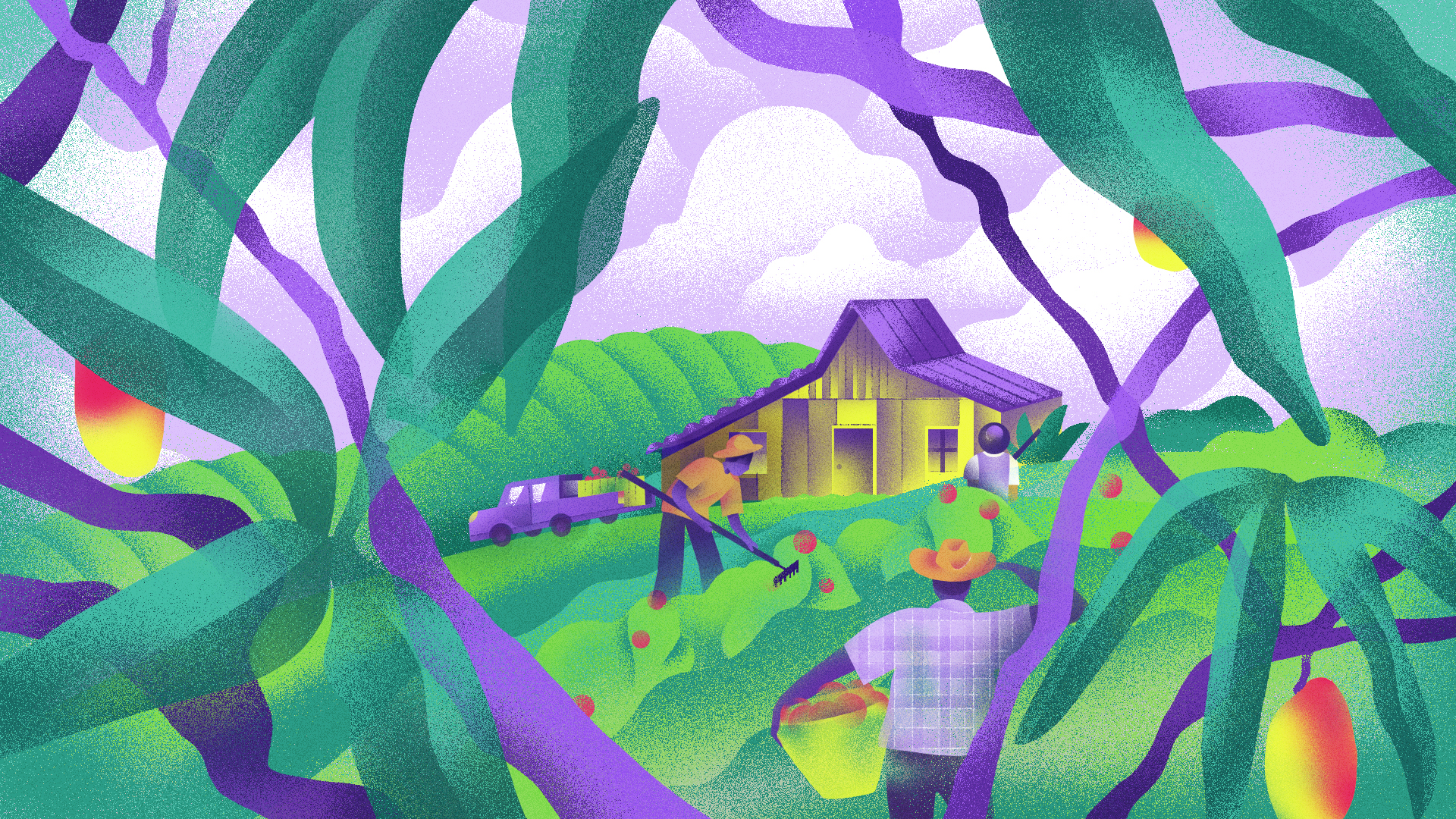
Industrial agriculture is bad for workers and the environment. Farmers all over the world are creating fairer food systems that work with the Earth, not against it.
What if we just gave people enough money to live on?
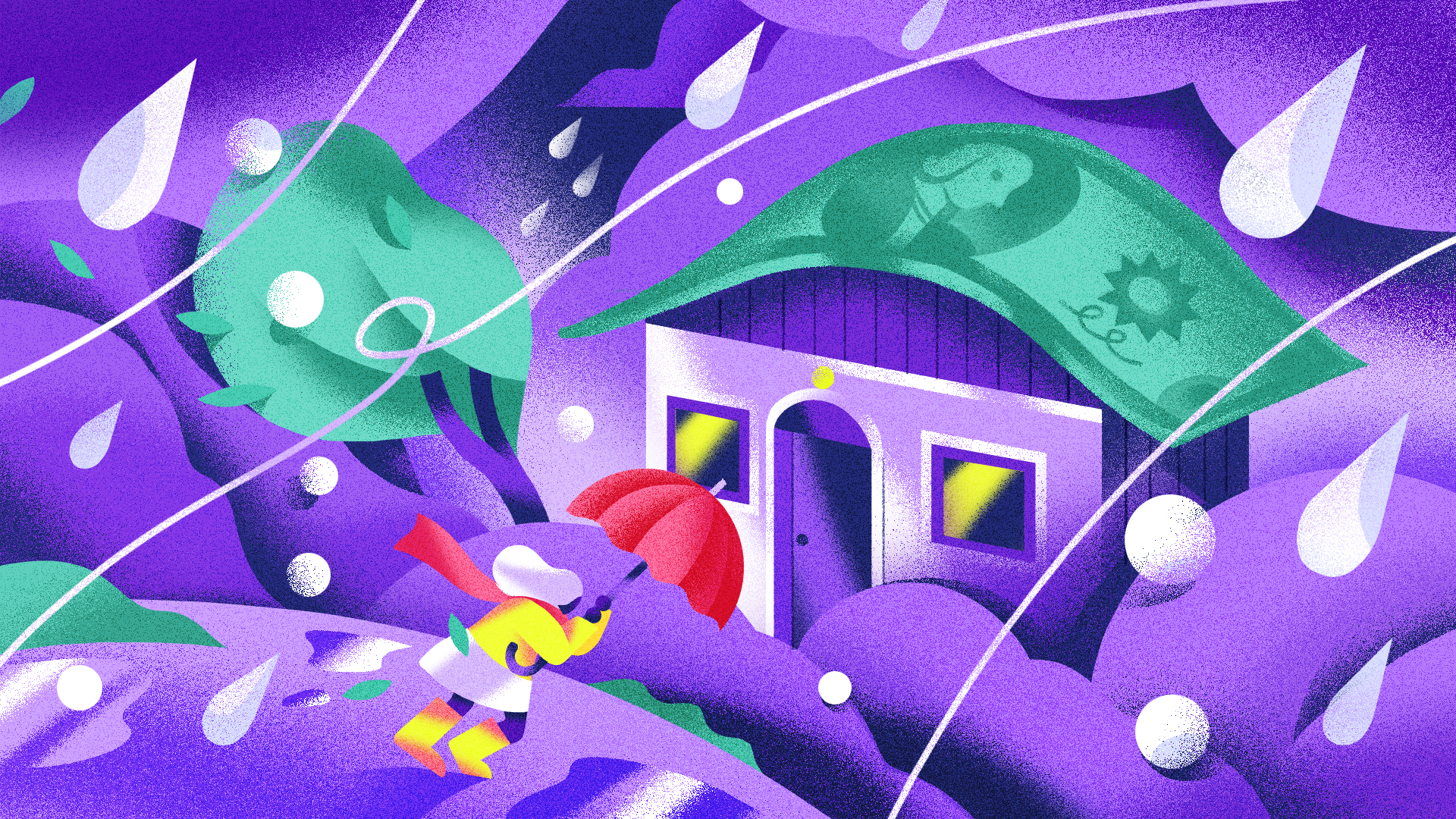
The idea of a universal basic income is going mainstream as the coronavirus pandemic collapses economies and wipes away millions of jobs.
Here’s how to build an economy that actually takes care of people
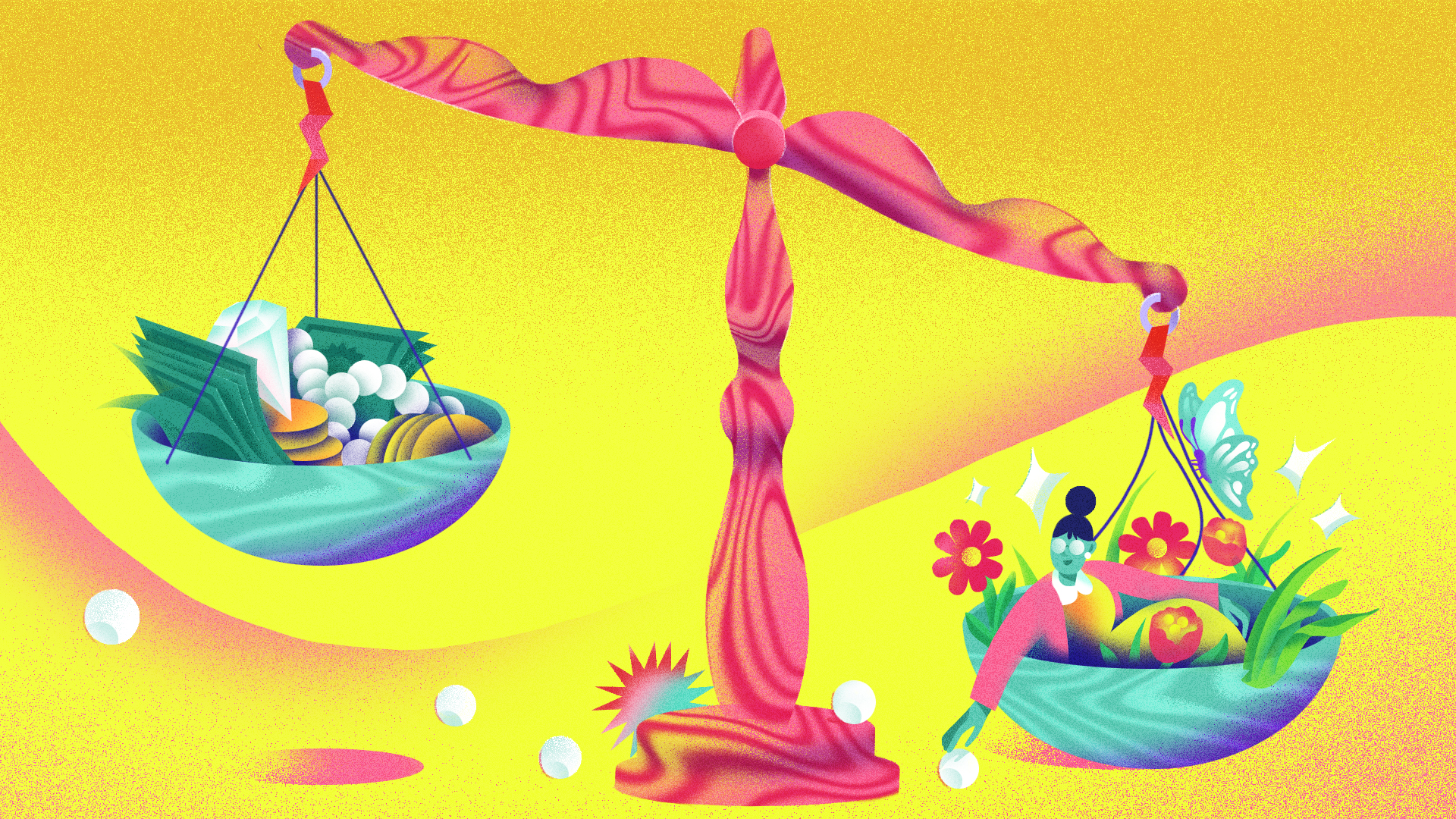
Some countries are rejecting an obsession with GDP and finding different ways to measure success. Welcome to the happiness economy.



